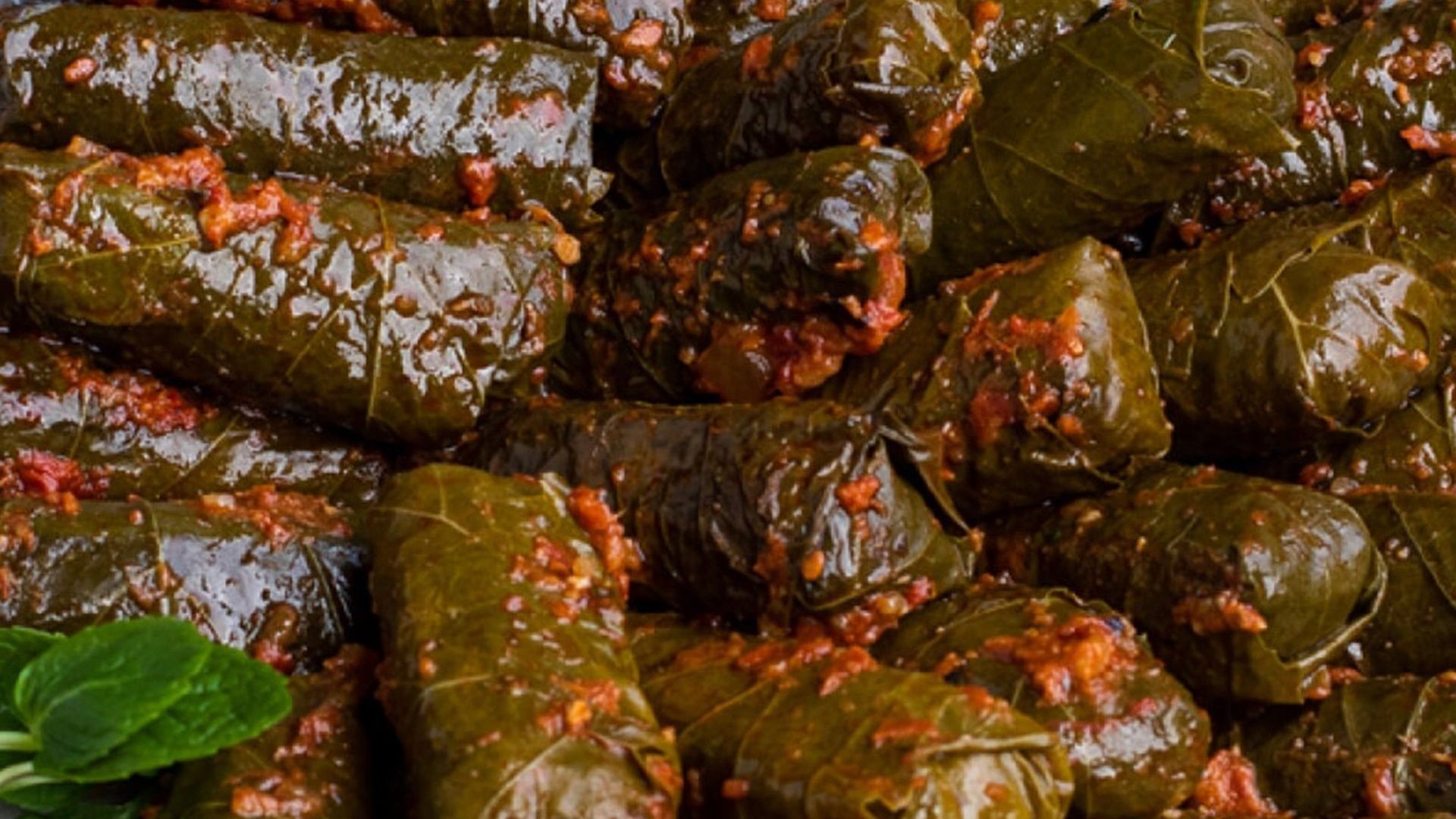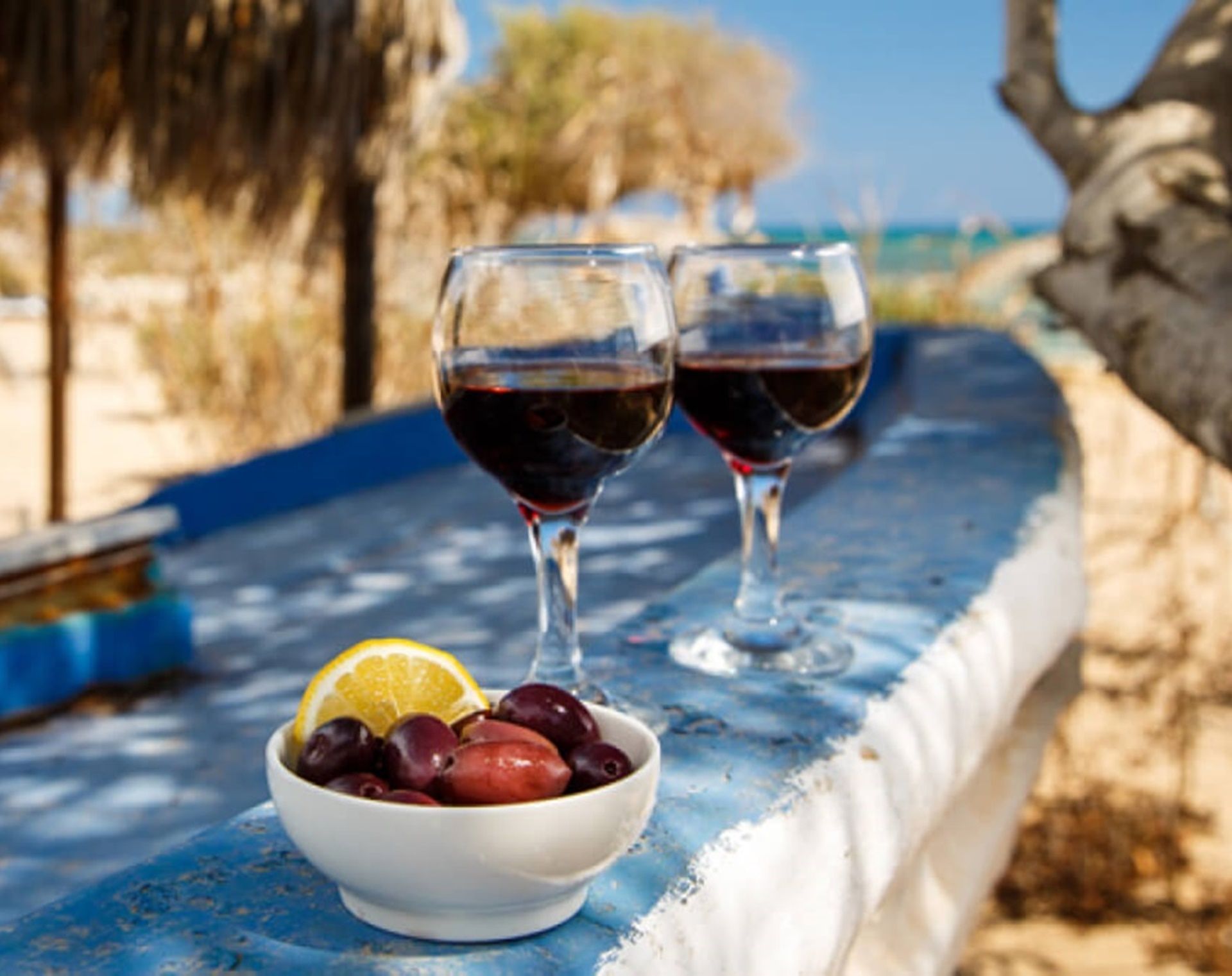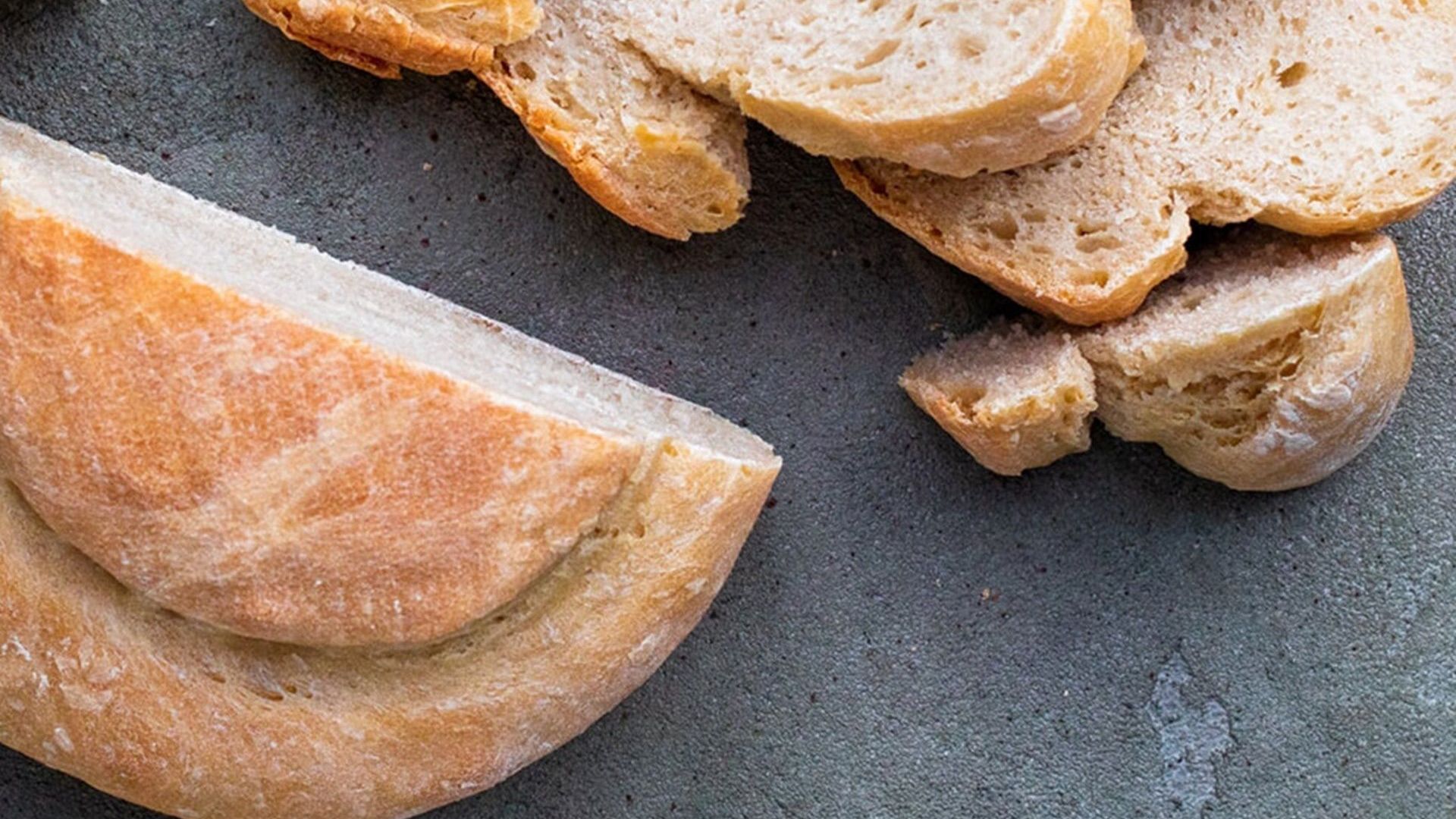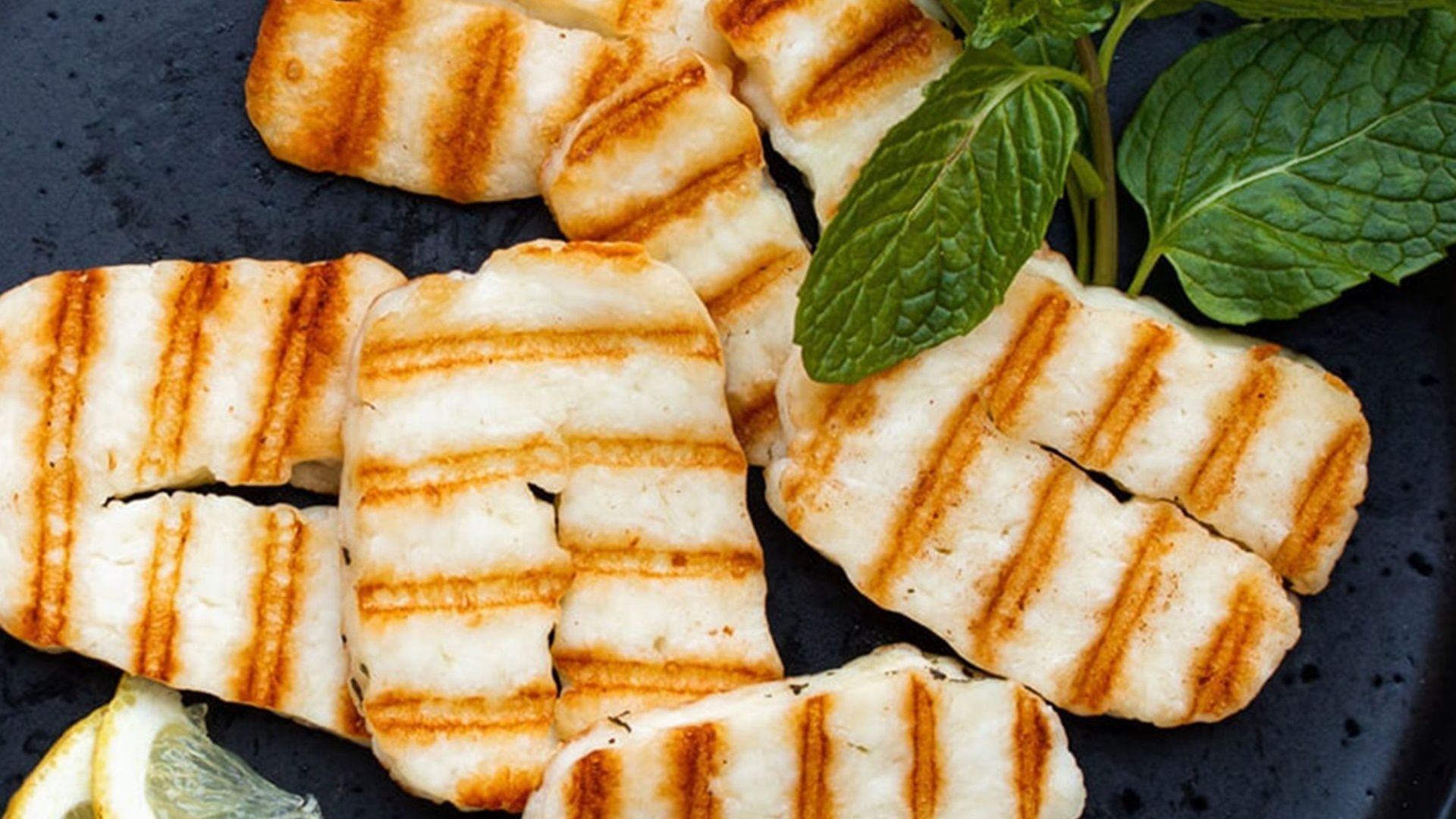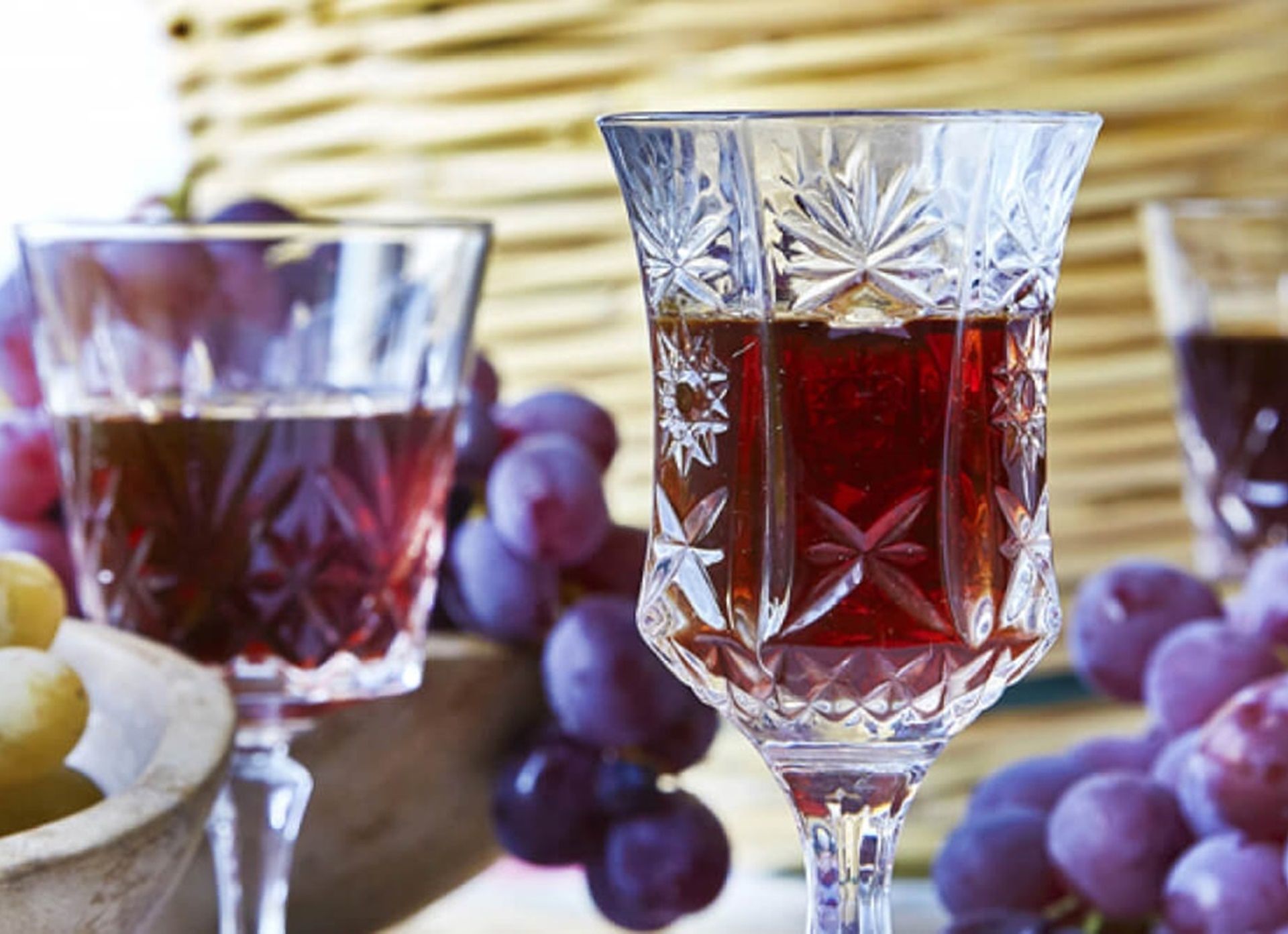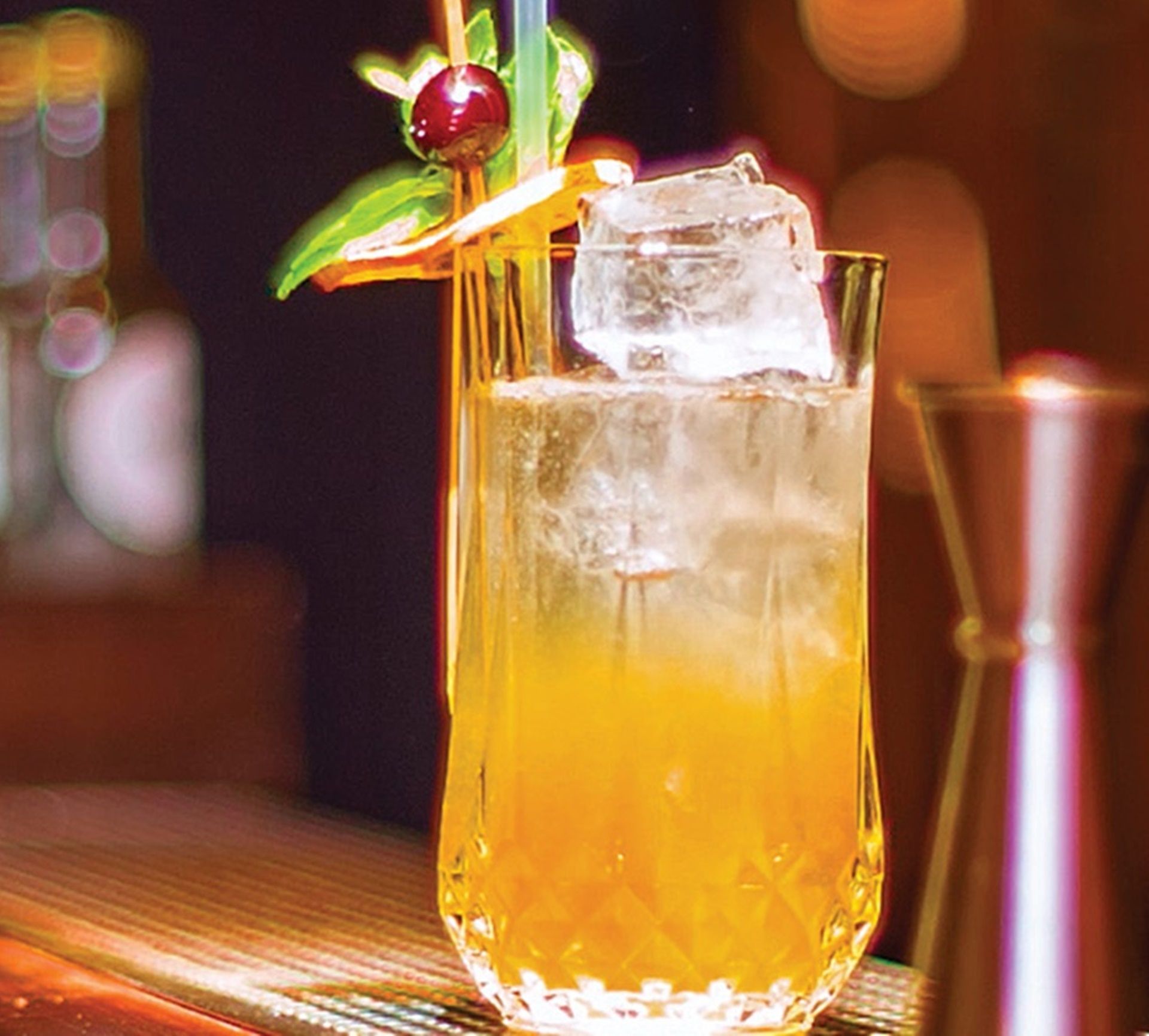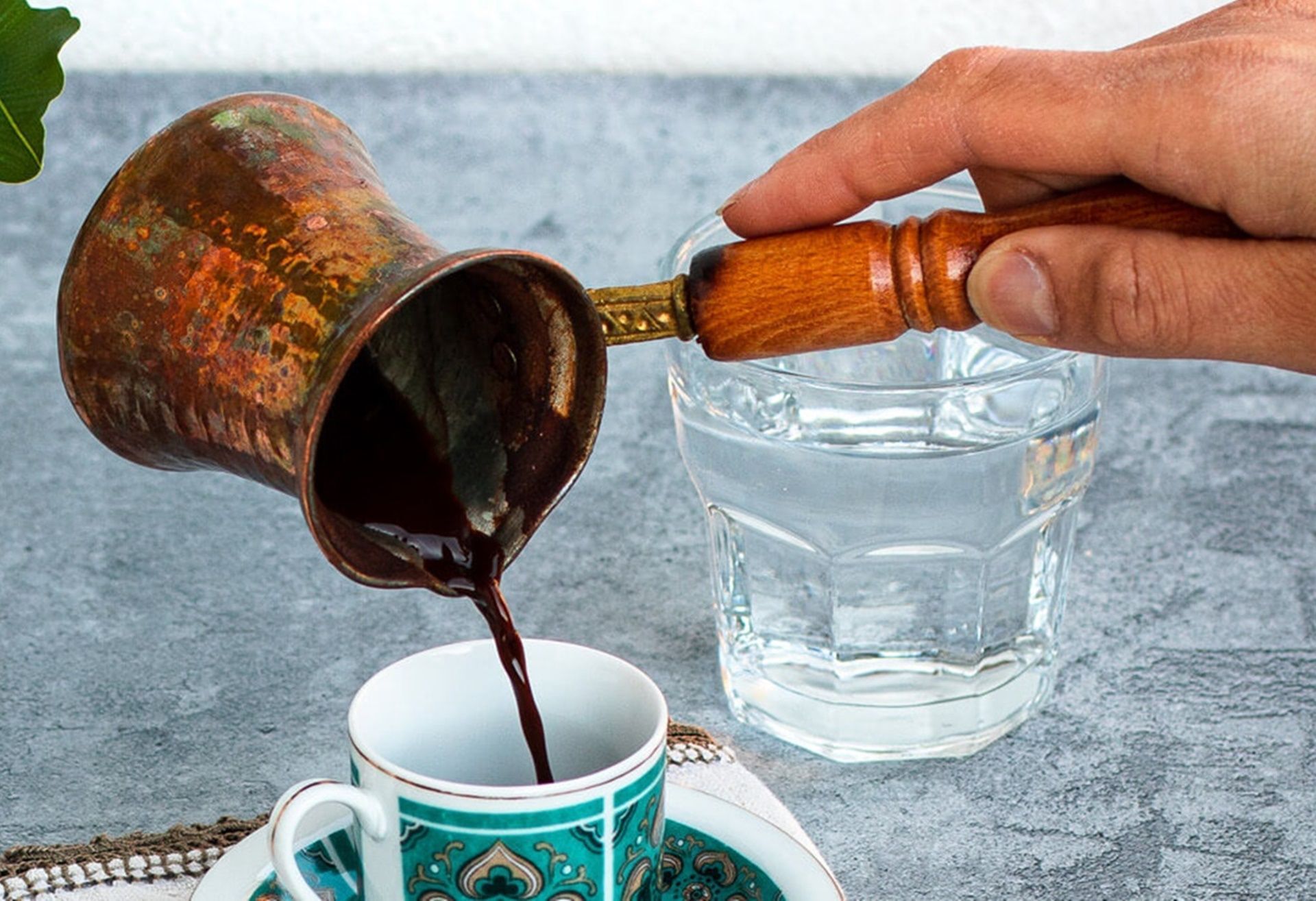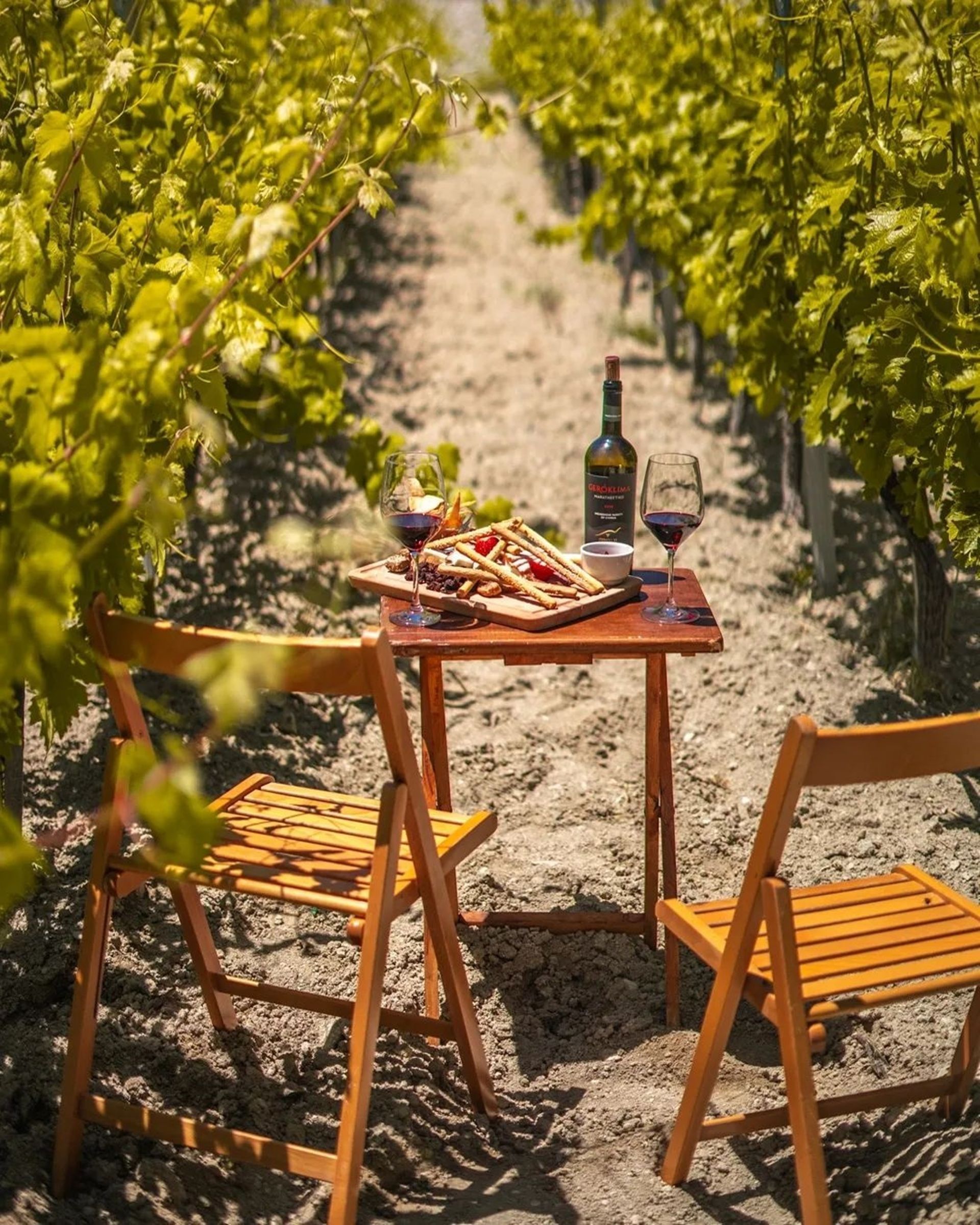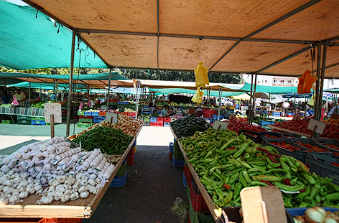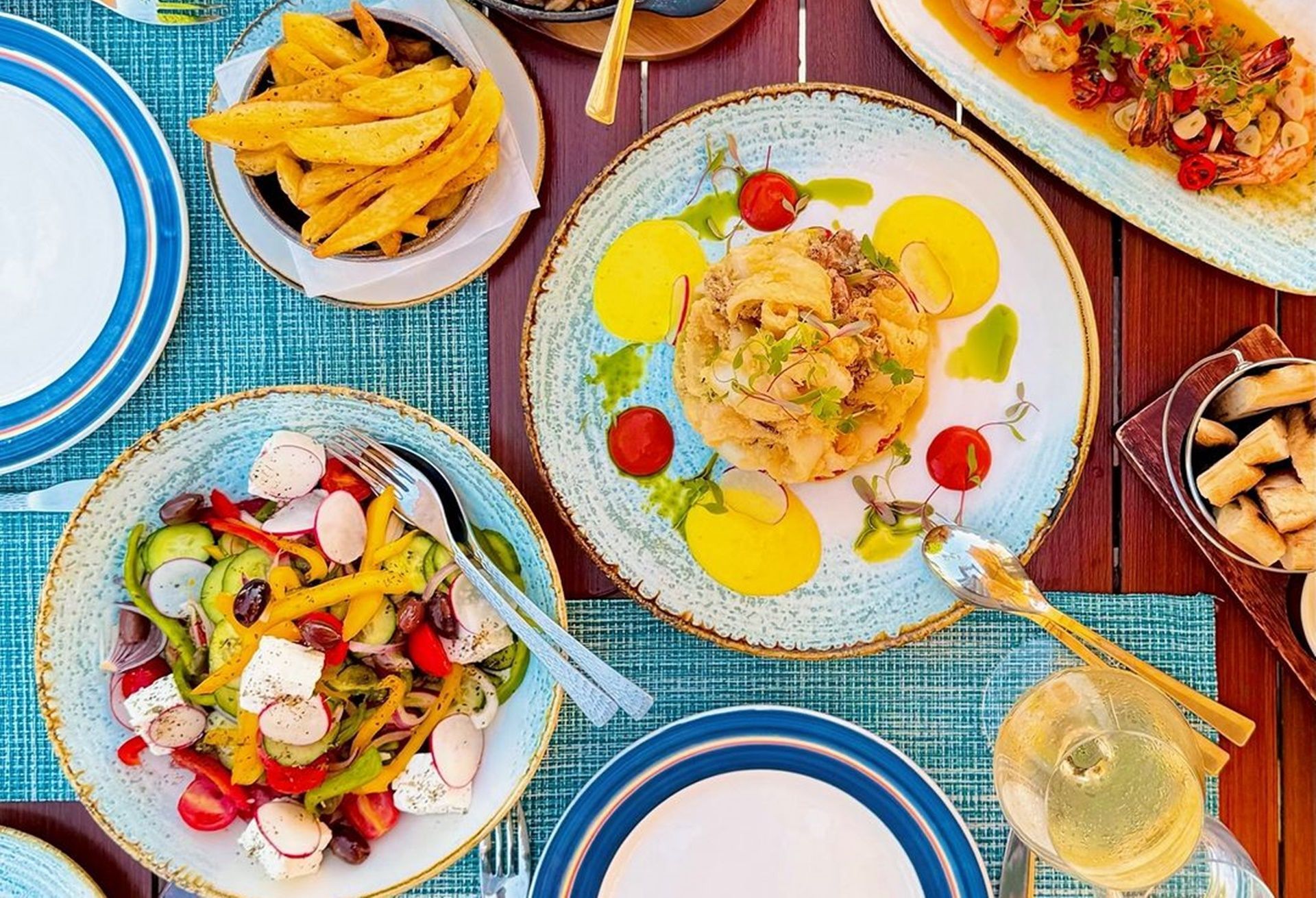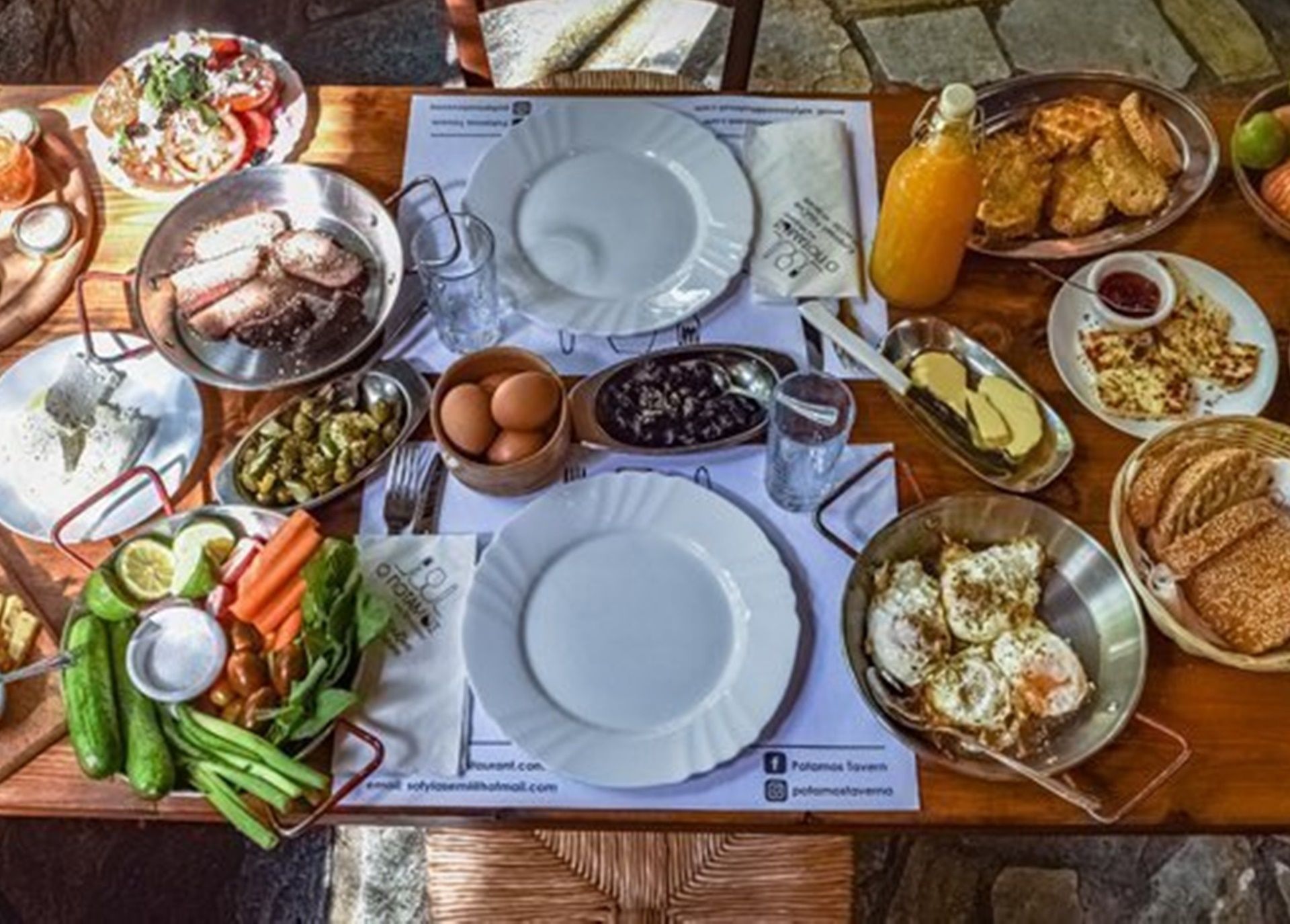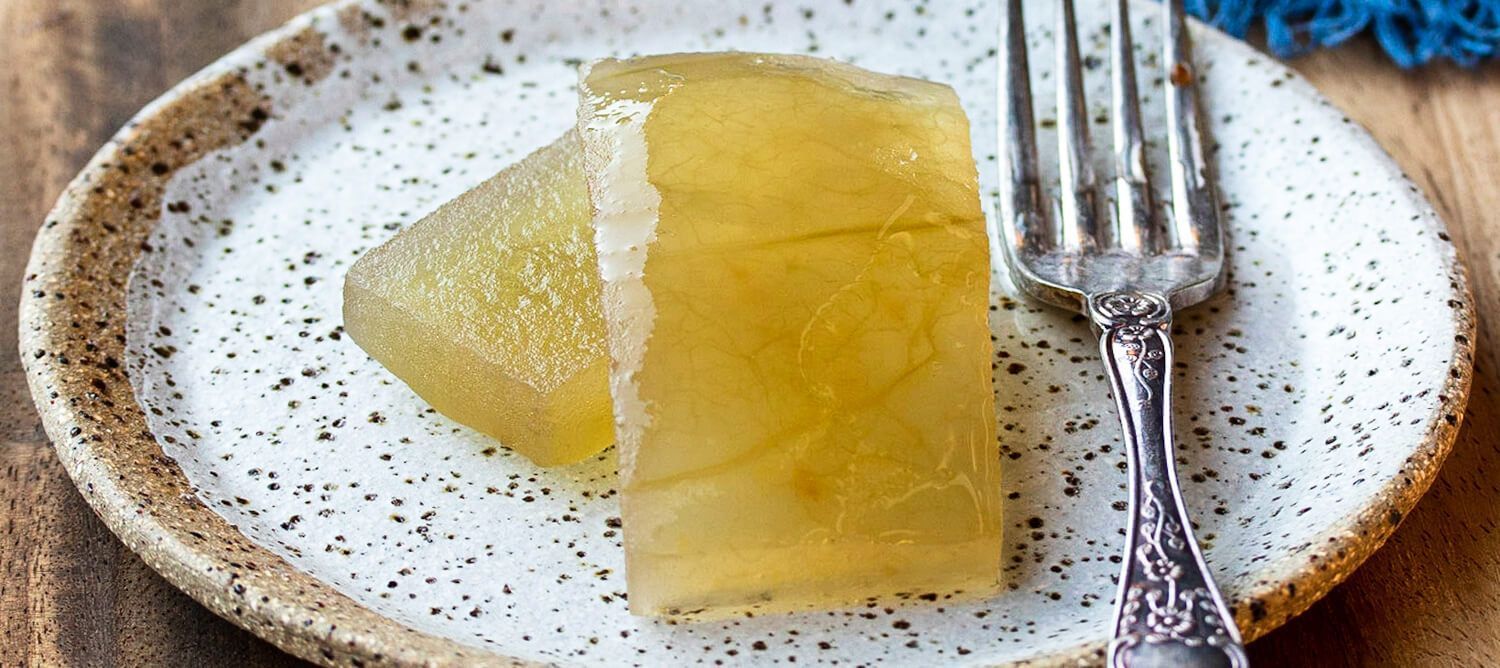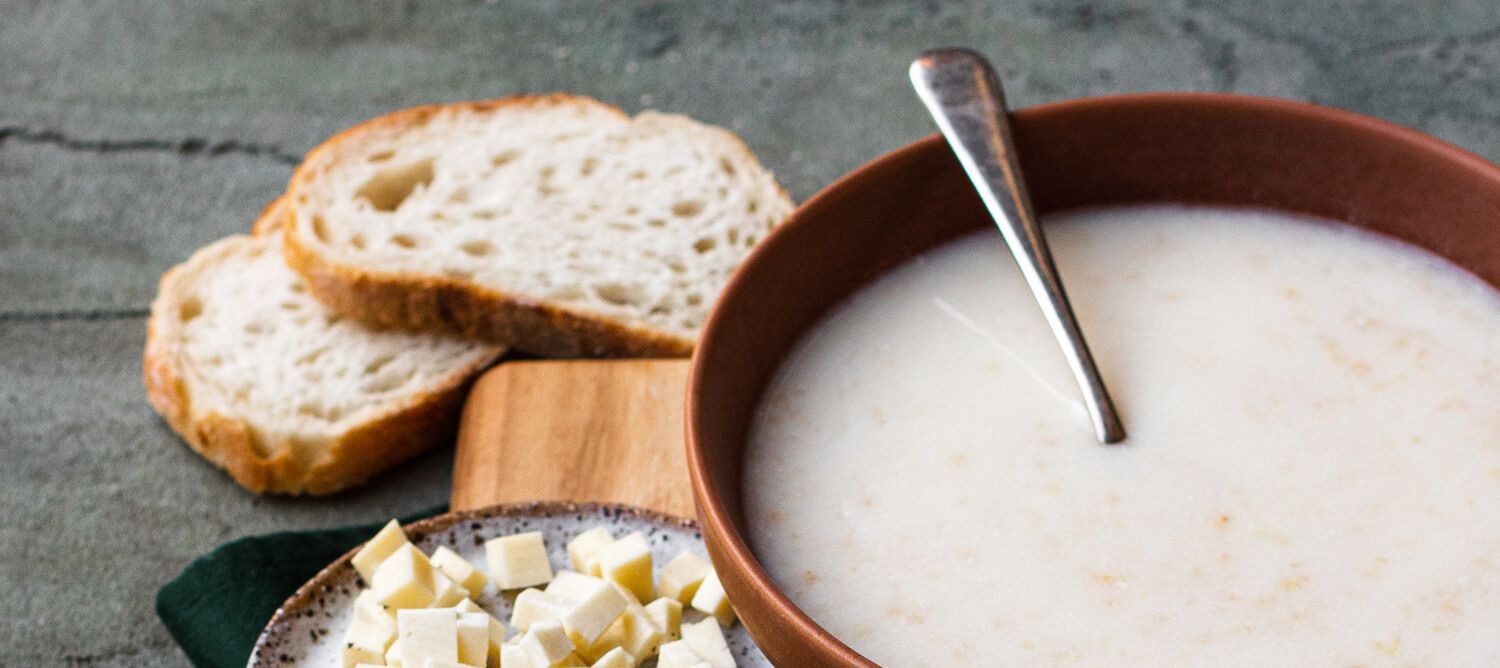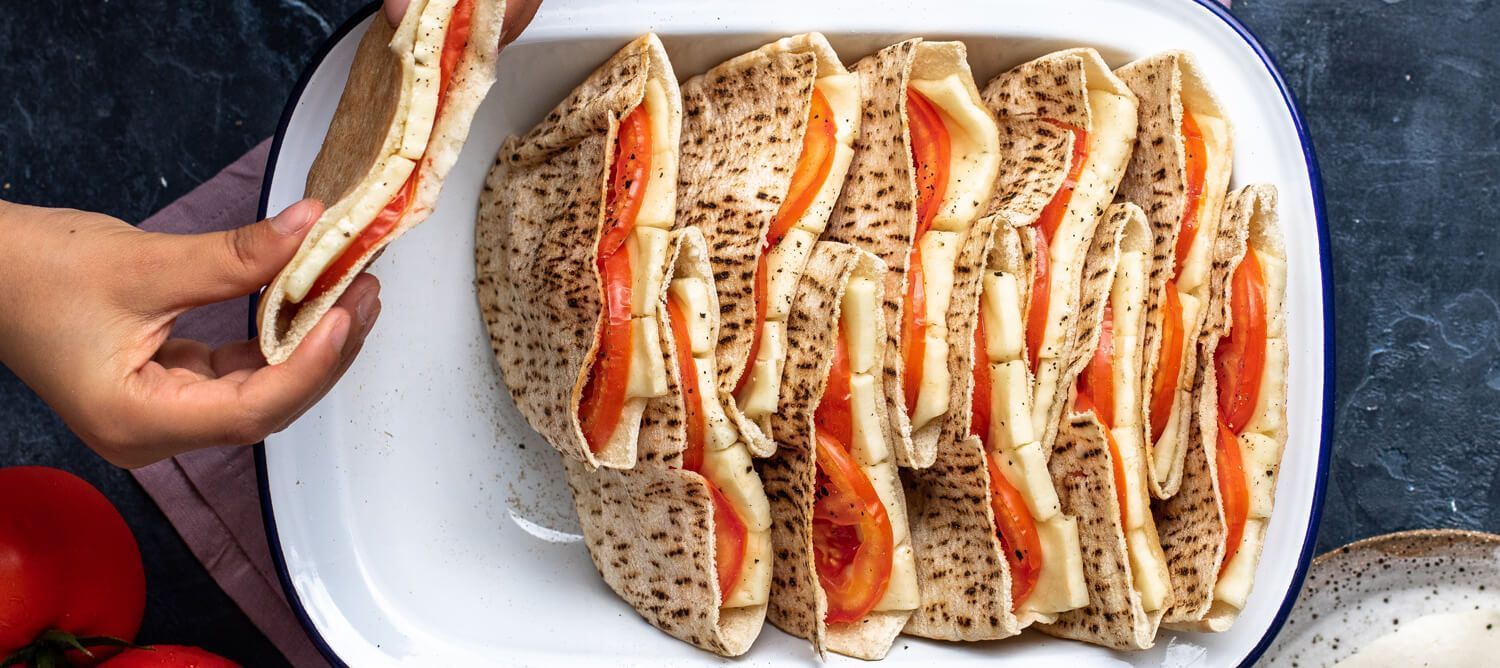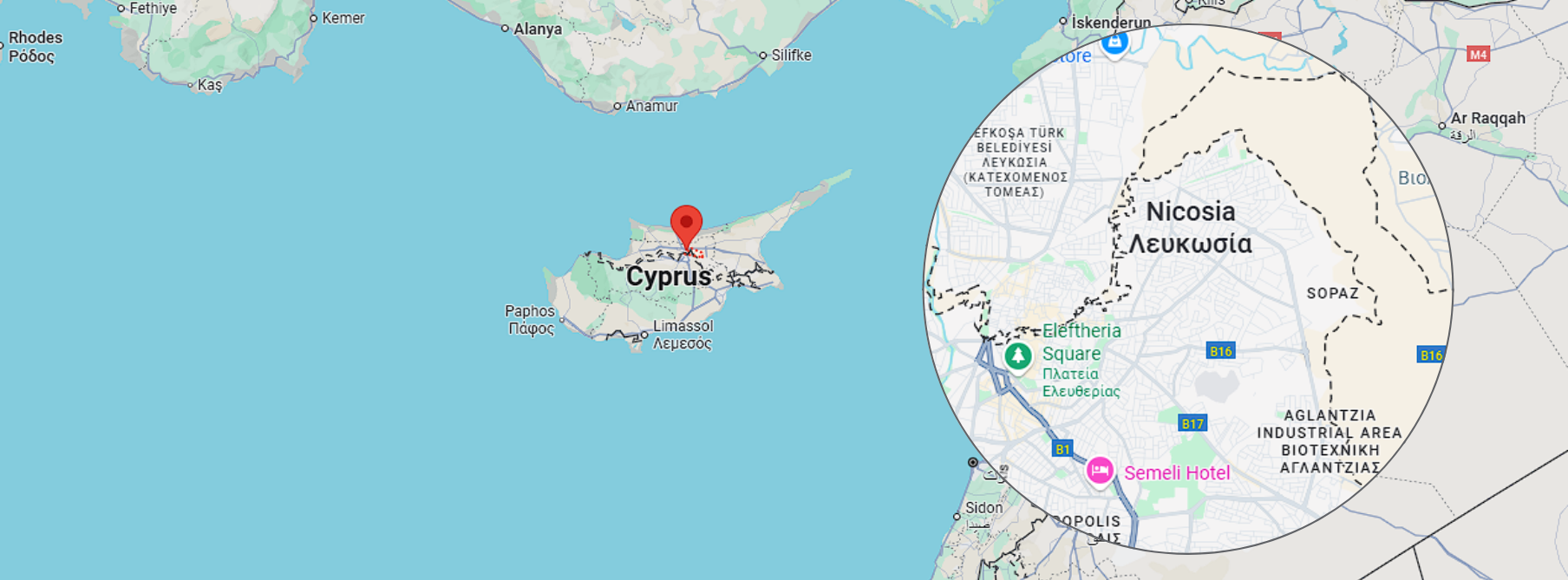
Nicosia, Cyprus, is a culinary hotspot where traditional flavors meet modern innovation. The city offers a rich blend of ancient recipes and contemporary twists, with meze dishes like halloumi, loukaniko, and moussaka, alongside classics like souvla and kleftiko. Markets abound with fresh produce, spices, and treats like soutzoukos, while street food staples such as souvlaki, sheftalia, and pita bread showcase Cypriot culture. Seafood favorites like marinated octopus and hearty dishes like koupepia highlight the island’s comforting cuisine. Stylish cafes and restaurants round out the experience, making Nicosia a must-visit for authentic Cypriot flavors.
THE FOOD & DRINK
Typical Products & Dishes
Koupepia
Koupepia, also known as dolmades, is a cherished traditional dish in local cuisine, featured at weddings, celebrations, and daily meals. It’s made with cabbage leaves, vine leaves, or zucchini flowers, filled with pork or mixed pork and beef mince. Vine leaves for koupepia are picked in season, dried, and used year-round. Cooked in a pot, this dish holds cultural significance as a staple at local weddings.
Traditional Bread
In the works of Sopater, various types of bread encountered in the region during antiquity are mentioned. Specifically, in the drama “Bacchus,” reference is made to “fakinos artos,” bread made from lentils, considered part of a humble meal. In “Cnidia,” there is mention of fluffy and soft bread, the “atabyrte bread.”
Halloumi
Halloumi, a semi-hard Cypriot cheese, is enjoyed raw, grilled, or fried for its unique texture and flavor. Traditionally made from goat or sheep milk in Cypriot villages, it can also include cow milk or a mix. Flavored with mint for preservation, this salty cheese doesn’t melt when grilled. Referenced as "calumi" in a 1556 document by Doge Leonardo Dona, halloumi has a rich history and earned EU PDO status in 2021.
Cypriot Coffee
Cypriot coffee, a cultural staple, is made from finely ground coffee beans, brewed with water and optional sugar in a traditional copper briki. A heaping teaspoon of coffee per cup is heated slowly, often on a "hovoli" (hot sand bed), to create a creamy foam called "kaimaki," signaling a well-made brew. Served in small cups with cold water, it comes in sweet ("glykis"), medium ("metrios"), or unsweetened ("sketos") varieties. Avoid the sediment at the bottom for the best experience.
THE STORIES
Exploring Nicosia's Wineries
Nicosia, unlike most European capitals, is renowned for its vineyards and wineries, drawing wine enthusiasts with its high-quality local wines that embody Cyprus’s cultural identity. The rise of wine tourism attracts visitors to explore Cypriot history through winemaking, with picturesque wineries set in stunning landscapes, offering a perfect mix of culture, flavor, and scenic beauty.
Nicosia Municipal Markets
Nicosia, the capital of Cyprus, offers a variety of municipal markets that reflect the rich culture, history, and culinary traditions of the island. These markets are integral to daily life in the city, providing a wide range of fresh produce, local goods, and handmade crafts. Nicosia's municipal markets are not only essential for residents but also popular with visitors looking to experience authentic Cypriot life.
Cypriot Meze
Meze is a cornerstone of Cypriot gastronomy, featuring a diverse array of dishes like cured meats, cheeses, yogurt, olives, feta in olive oil, salads, spanakopita, and bulgur, served with warm homemade bread or pita. Shared among family or friends at a communal table, meze reflects Nicosia’s culinary culture and heritage, fostering connection and bonding through shared food and experiences.
Cypriot Brunch
Cypriot brunch includes fresh eggs, halloumi, anari, village sausages and wine-cured bacon from local producers, olive paste, homemade tomato sauce, garlic butter, and a mixture of herbs, oregano, and olive oil, homemade jam, sourdough bread, and coffee or tea.
Cypriot brunch is becoming increasingly popular among locals and visitors of Nicosia. Its flavors highlight the gastronomic culture of the place and provide those who taste it with the necessary energy for the rest of the day.

